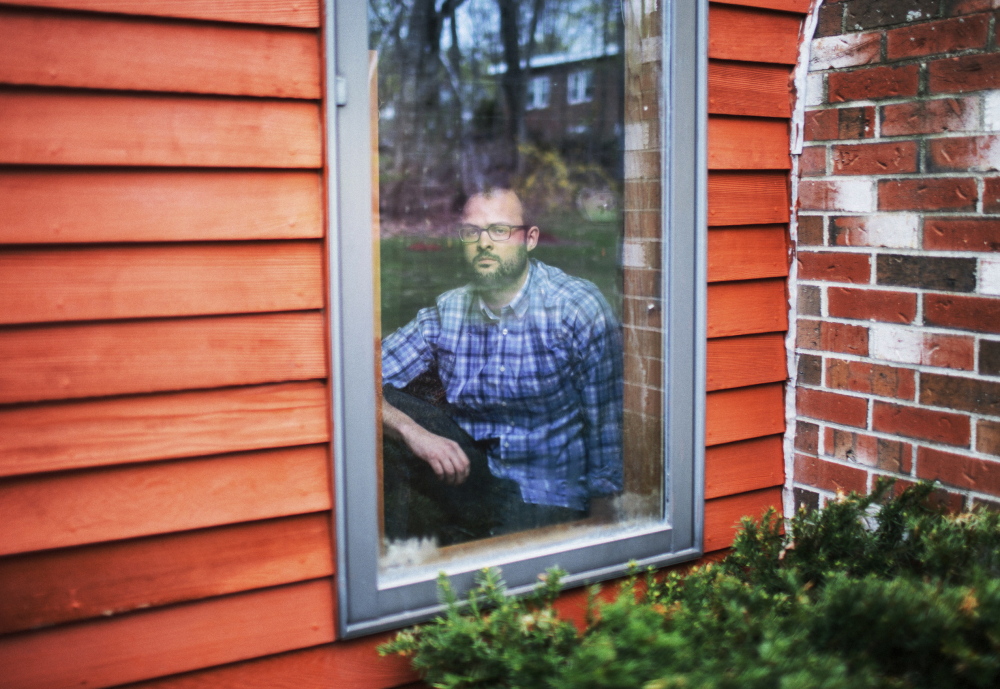It’s been 16 years since The Boston Globe exposed widespread sexual abuse and a culture of coverup within the Roman Catholic Church. Since then, sex assault scandals involving the U.S. military, universities, Hollywood, Congress and a wide array of businesses have reinforced the same two points:
Sexual predators take advantage of people who are less powerful than they are. And they hide in organizations that want to protect their own reputations.
A victim’s relatively low social status, combined with a reasonable expectation of backlash from a threatened institution, makes it difficult for them to tell their story, especially if they are children or were children at the time of their abuse.
It’s easy to understand why many child sex abuse victims don’t come forward right away. In fact, it should almost be expected that they won’t, which is why many states including Maine have eliminated the statute of limitations for criminal charges of sexual abuse of a child. By now everyone should know this, but unfortunately, that’s not the case.
Last week, U.S. District Court Judge Lance Walker threw out a lawsuit filed by a Biddeford man who alleges that he was sexually assaulted as a teen by a city police officer. It wasn’t until many years later that he learned that before he was abused there had been another report against the same officer, who was allowed to stay on the job.
That’s when Matthew Lauzon filed a lawsuit against the the officer, the police chief and the city. Walker ruled that Lauzon had been too slow to file his suit and so he lost his opportunity for a day in court.
Walker reasoned that Lauzon knew enough to make a complaint even before he found out about the other report of abuse. “Instead he made a conscious choice to not pursue or even discuss his potential claim until he reached age 30,” Walker wrote. “For his own personal and perhaps understandable reasons, (Lauzon) buried his head in the sand.”
Walker might be right about the law, but describing someone’s reluctance to come forward with allegations of sexual abuse as “a conscious choice” shows the judge hasn’t learned much from the years of revelations. And Walker owes Lauzon an apology for suggesting he was cowardly or irrational – or whatever “buried his head in the sand” was supposed to mean.
A civil complaint that alleges sexual abuse that occurred when the plaintiff was a child should not be treated like a typical lawsuit for medical malpractice or a failed business deal. Sexual assault victims are uniquely burdened by feelings of guilt and shame. Mistaken notions that they were willing participants in their own abuse are often planted in their minds by their abusers through the process of grooming.
When they do come forward, they can expect to be dismissed by people in power. A recent example is provided by the many women who accused financier Jeffrey Epstein of exploiting them when they were teenagers. They were cast aside in 2008 by Alexander Acosta, then U.S. Attorney for the Southern District of Florida, who negotiated a sweetheart plea deal for Epstein without their input. On Wednesday, Acosta, who was serving as secretary of labor in the Trump administration, flatly refused to apologize to the dozens of Epstein’s accusers, making it sound as if their reticence had been what made him to let Epstein off the hook. “The message is you need to come forward,” Acosta said to the women who had done just that.
Fortunately, investigative reporting by The Miami Herald prompted federal prosecutors in New York to revive the case last week and Acosta was forced to resign over his handling of the plea agreement.
Lauzon is appealing the dismissal of his case to the 1st Circuit Court of Appeals. That court may uphold Walker’s legal analysis regarding the suit’s timeliness, but we hope the the judges will call attention to the lack of sensitivity and understanding about the dynamics of sexual abuse that was betrayed in his opinion.
Victims who are slow to tell their stories are not the ones who have buried their heads in the sand. It’s judges, prosecutors and other people in power who need to open their eyes.
Send questions/comments to the editors.


